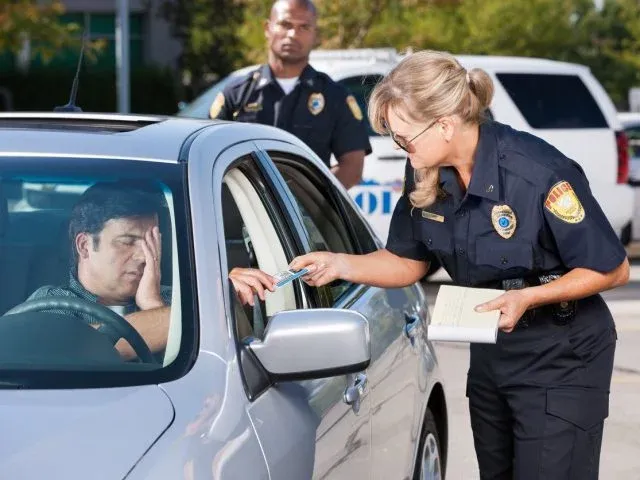Get a Free Consultation
(401) 324-2992
Know Your Rights During a Traffic Stop
Jan, 09 2018

The police can pull you over for almost anything. A broken license plate light, not using your turn signal, speeding, or using your phone are common causes for traffic stops. You should always pull over but you should also know your rights during a traffic stop. There are several ways to help the traffic stop go smoothly but also exercise your rights.
What Should You Do During A Traffic Stop?
In the event you do get pulled over, you’ll want to know your rights and what you should or shouldn’t do. No matter the reason for the stop, you’ll want to keep these suggestions in mind:
Traffic Stop Tips: Pull Over
If the police are behind you immediately pull over to the right side of the road. Put the car in park, turn it off, keep your hands on the steering wheel, and turn on your lights. Taking these simple steps could help set the correct tone for the entire stop.
Traffic Stop Tips: Stay Silent
One of the worst things you can do is talk and give the police probable cause. You have the right to remain silent and you should exercise that right. The more you say the more harm you can do to yourself. Remaining silent means more than not talking. Politely explain to the officer that you are exercising your right to remain silent. You do not have to answer any of their questions except for identifying yourself. So, once you have told the officer who you are or have provided them with your ID you can stay silent.
Traffic Stop Tips: Exit the Vehicle
If the police ask you to step out of the car you must do so. Calmly exit the vehicle. Don’t make a big scene because that could escalate the situation. If you have to step out of the car make sure to keep your hand visible. Do not reach into your pockets or make aggressive or sudden movements. Remember it is in your best interest to keep calm so that a traffic stop does not escalate into a serious situation.
Traffic Stop Tips: Use the Camera
Another great tool that you can use to your advantage during a stop is the camera. Ask the officer if the camera is on and recording. If it isn’t, ask that they turn it on. You can use the footage to your advantage if there are charges that stem from the stop. The more information you can provide to your attorney the better the chances of you winning your case.
Traffic Stop Tips: Don’t Consent to a Search
The officer may look inside your car from the outside. If you have anything in plain view this could lead to probable cause to search the vehicle. However, if the officer does not have probable cause and asks for consent to search your vehicle you should say no. Your car is your personal property and in order to search the vehicle, the police need either probable cause or a warrant. If the officer doesn’t have one of these things you should not let them search the car.
After a Traffic Stop
If the stop results in serious criminal charges you are going to want to contact an attorney immediately. Luckily for you, if you follow the previous suggestions you should help your case. It is best to contact an attorney as soon as possible. You want to be able to share everything you remember about your encounter with the police. Therefore, it is best to contact an attorney while the event is still fresh in your memory.
Encounter with the police can be nerve-racking and stressful. However, if you if you can remember the simple suggestions in this article you can greatly improve your chances of winning any resulting case. If you need a Newport criminal defense attorney contact us today and let us help you through your difficult time.
Know Your Rights During a Traffic Stop







